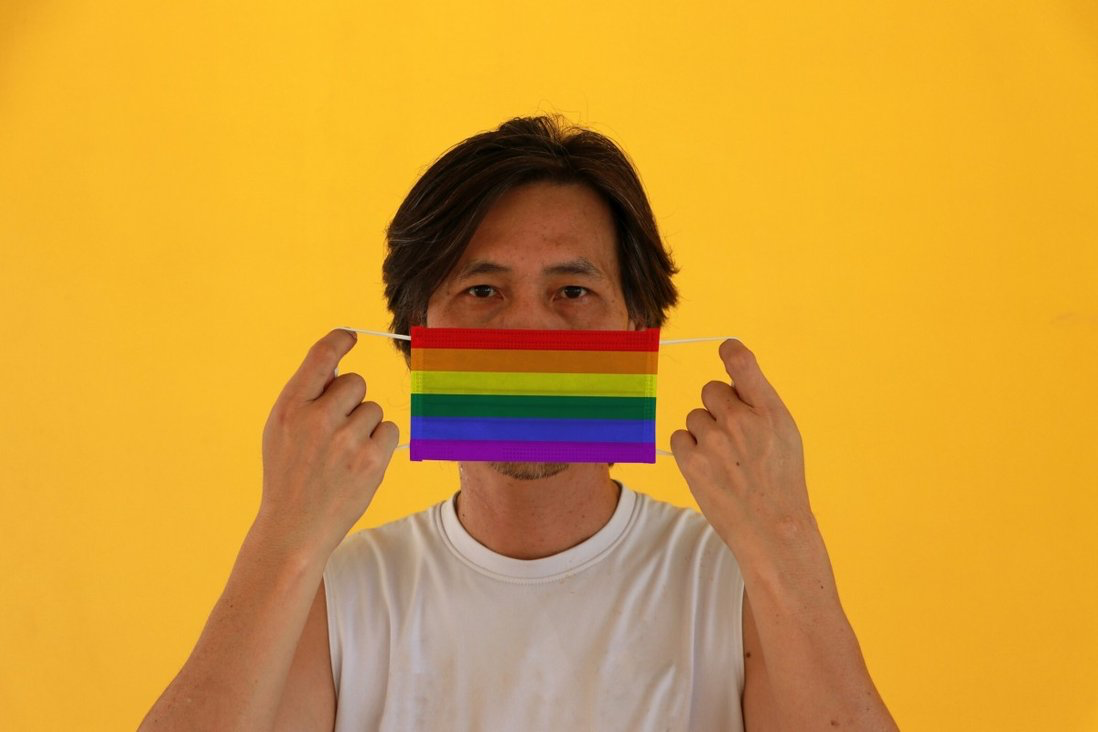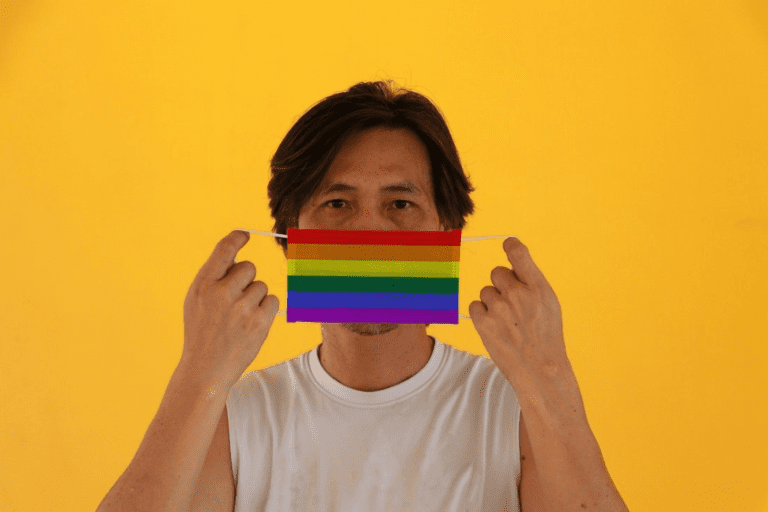The LGBTQ+ community in China faces a tumultuous threat to existence.
 For already marginalized groups, the new Internet rule is even more concerning. Photo: Getty Images/iStockphotoChina is home to the world’s largest LGBTQ+ population. And the Chinese Internet, for the most part, allows some queer self-expression.
For already marginalized groups, the new Internet rule is even more concerning. Photo: Getty Images/iStockphotoChina is home to the world’s largest LGBTQ+ population. And the Chinese Internet, for the most part, allows some queer self-expression.
While limited by censorship, the LGBTQ+ community in China have created ways to cope. They use as specialized vocabulary to help find community, a dating app that manages to avoid getting banned, popular BL dramas, and fragile hopes for the legalization of gay marriage.
Yet, homosexuality was only decriminalized in 1997.
And although there is a vibrant queer scene in Hong Kong and Taiwan is set to legalize multinational gay marriage, Mainland China can vary. Queerness in China is still largely shunned, misunderstood, and even pathologized.
As a result, many people turn to the Internet to seek the community and solidarity they could not find offline. However, a new rule on online self-publishing could silence LGBTQ+ communities.
The New Cyberspace Rule
Beginning in February, the Cyberspace Administration of China requires bloggers and social media users to apply for a license to post or publish current affairs content. For example, an activist who speaks out without a license would face instant punishment.
This new addition to the regulation of online spaces risks removing what little freedom marginalized people in China reserve for self-expression.
What does this mean if you are queer on the Chinese Internet?
LGBTQ+ people in China rely on online platforms like WeChat and Weibo to find community. In a conversation with South China Morning Post, Yang Yi of the China Rainbow Media Awards asked, “Would encouraging people to reach out to legislators and submit proposals that legalize same-sex marriage count as political commentary?”
He elaborated on his concerns, “For our community, the best way to outreach is through these online platforms. If we lose [WeChat], we lose the ability to connect and advocate for the community. There’s no way out of this.”
 A gay couple kisses under a rainbow-colored scarf during a party after a mass wedding organized by the Parents and Friends of Lesbians and Gays of China. Photo credits to EPA.
A gay couple kisses under a rainbow-colored scarf during a party after a mass wedding organized by the Parents and Friends of Lesbians and Gays of China. Photo credits to EPA.
Is there any way around the rules?
The Chinese LGBTQ+ community has long performed a perilous dance with authority on what is publicly accepted. In 2018, Weibo backtracked its censorship of LGBTQ+ hashtags amid public outcry.
But a year later, removed the “super-topic” #les(bian) from the site amid protest. In 2019, China’s National Office Against Pornographic and Illegal Publications declared that online content that betrays “correct marriage views and ethics” will be deleted.
 In protest, lesbians and allies shared selfies of themselves with mouths covered with a cross of black tape with hashtags like “i am les” and “les.”
In protest, lesbians and allies shared selfies of themselves with mouths covered with a cross of black tape with hashtags like “i am les” and “les.”
As grassroots tongzhi activism falls under heavy scrutiny, LGBTQ+ advocacy groups often need to obey or work around the rules.
Chen Xiang, cooperation manager at Families and Friends of Lesbians and Gays of China, believes that the new cyberspace rule will spare his advocacy group as it “promotes family and personal stories rather than news.”
Our final concern
The new restriction comes amid the growing government control over online spaces. Restricting self-expression not only silences activism, but removes ways for people to come together.
For members of the LGBTQ+ community, queer online spaces are often the only safe space. If those are removed, what do we have left?




0 Comments